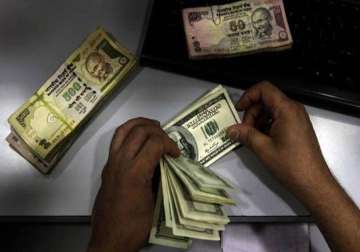New Delhi: Government has notified the rules for calculating overseas income and assets under the stringent foreign black moneylaw that came into force on July 1.
The value of the overseas assets, including immovable property, jewellery and precious stones, archaeological collections and paintings, shares and securities and shares in unlisted firms abroad will be calculated at the fair market value, the rules notified by the CBDT said today.
The value of an overseas bank account will be the sum of all deposits made in the account since its opening, the rules said.
The Black Money (Undisclosed Foreign Income and Assets) and Imposition of Tax Act, 2015, provides for a total of tax and penalty of 120 per cent on the income or assets held abroad after the expiry of a one-time 90-day 'compliance window' provided for persons to come clean.
Any income or asset declared during this period which ends on September 30, would attract a total of 60 per cent tax and penalty, without penal provisions like jail term. They will have time till December 31 to pay the levies.
The rules notified today provide for the way foreign income and assets would be valued for calculation of tax and penalty both for the compliance period and beyond its expiry.
The fair market value of an immovable property will be higher from the acquisition cost or the price that the property shall fetch in open market on the date of valuation.
The same principle would also be applicable for valuing bullion, jewellery or precious stone as well as archaeological collections, drawings, paintings and sculptures or work of art.
For valuing shares and securities of listed entities, the rules said the fair market value will be the higher of the cost of acquisition or average of the lowest and highest price on the date of valuation.
Latest India News
